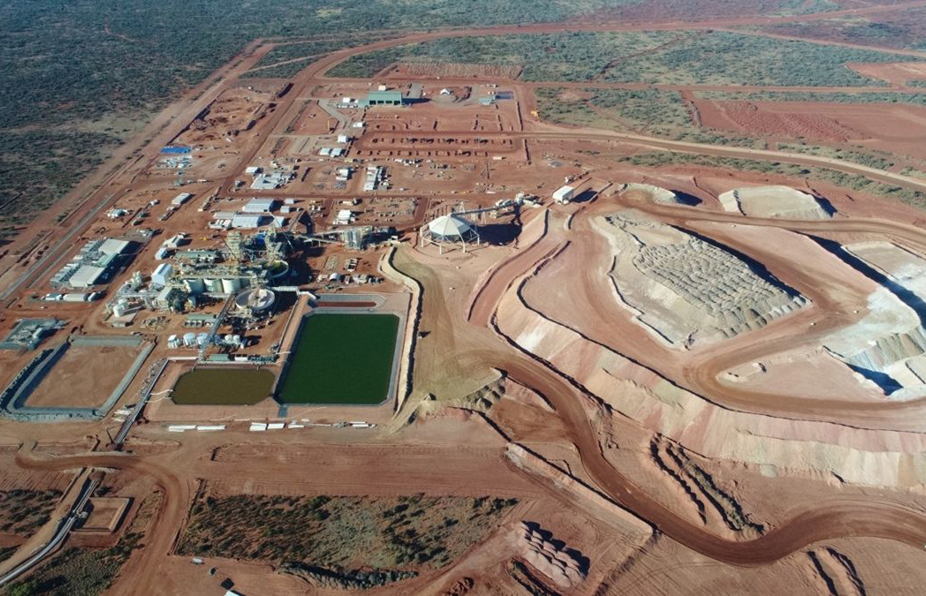Gold Fields reviewing approvals given at Australian sites after Rio cave blast

Miner Gold Fields said on Friday it was reviewing the approvals given to each of its Australian sites after Rio Tinto destroyed historically significant Aboriginal rockshelters which led to the resignation of its chief executive.
Rio Tinto said earlier on Friday chief executive Jean-Sébastien Jacques and two other executives would step down following an outcry over its decision in May to detonate part of an ancient gorge that showed 46,000 years of human habitation.
Gold Fields, which has operations in Australia including its Granny Smith and Gruyere mines, said it was already acting in response to the situation its rival had found itself in.
Gold Fields said it was already acting in response to the situation its rival had found itself in
“As a result of the Rio incident, two months ago we initiated a review of previous legal approvals that each Australian site had received from the regulator,” Gold Fields spokesman Sven Lunsche said in response to questions from Reuters on its approach to the heritage issue.
The company said it was determining which approvals would require further engagement with Indigenous stakeholders if they were to mine or explore in the areas.
“We have also undertaken a review of the gaps identified in Gold Fields’ heritage management processes as part of a critical control audit in late 2019, with a particular focus on relationships with Aboriginal stakeholders,” Lunsche said.
Johannesburg-listed Gold Fields said it was closely following a review of relevant state and national legislation initiated by the Australian government.
“In our other countries of operation we don’t mine in areas that are culturally sensitive,” said Lunsche.
The gold miner also operates in South Africa, West Africa, Chile and Peru.
Local rival AngloGold Ashanti, which has two operations in Australia, declined to comment.
The blasts drew international condemnation and damaged Rio Tinto’s reputation for its dealings with indigenous groups in its worldwide operations.
The backlash has also resonated across boardrooms, with billions of dollars poured into companies based on environmental, social and governance (ESG) factors giving ethically-minded investors greater influence in how companies handle corporate crises.
(By Tanisha Heiberg; Editing by Philippa Fletcher)
{{ commodity.name }}
{{ post.title }}
{{ post.date }}




Comments